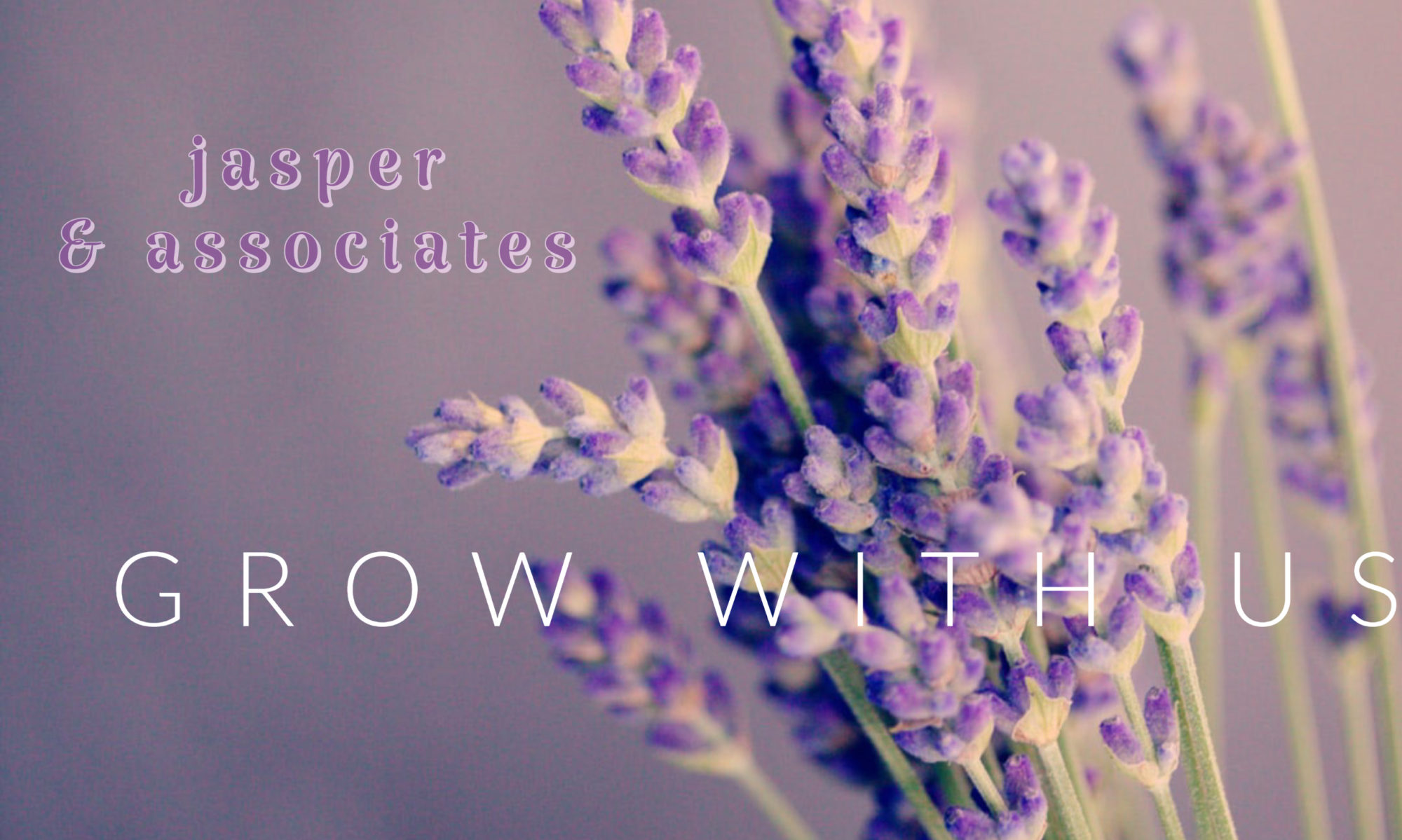
With the shortage of PPE, and concern over the spread of Covid-19, the mental health our healthcare workers and first responders, is being overlooked. Feeling pressure is likely to be the main experience and is quite normal. Stress and any other feelings associated with the current situation that we find ourselves currently facing is to be expected, and in no way is a
reflection that you are not capable of doing your job or that you are weak.
Managing your psychosocial well-being is just as important as managing your physical health. Try using helpful coping strategies that include getting enough respite during work or between shifts, eating healthy, engaging in physical activity, and staying in contact with family and friends. Try to avoid unhelpful coping strategies, i.e. tobacco, alcohol, or other drugs. In the long term, these can worsen your mental and physical well-being.
Some healthcare workers may unfortunately experience avoidance by their family or community owing to stigma or fear. This can make an already challenging situation far more difficult. If possible, staying connected with your loved ones, including through digital methods,
is one way to maintain contact. Turn to your colleagues, your manager or other trusted persons for social support – your colleagues may be having similar experiences to you.
The COVID-19 outbreak is a unique and unprecedented scenario for many of us, particularly if we have not been involved in similar situations, which, let’s be fair, most of us have not. However, that doesn’t mean that your regular ‘go-to’ de-stressors are still not the key. You are the person most likely to know how you can de-stress and you should not be hesitant in
keeping yourself psychologically well. This is not a sprint; it’s a marathon.
